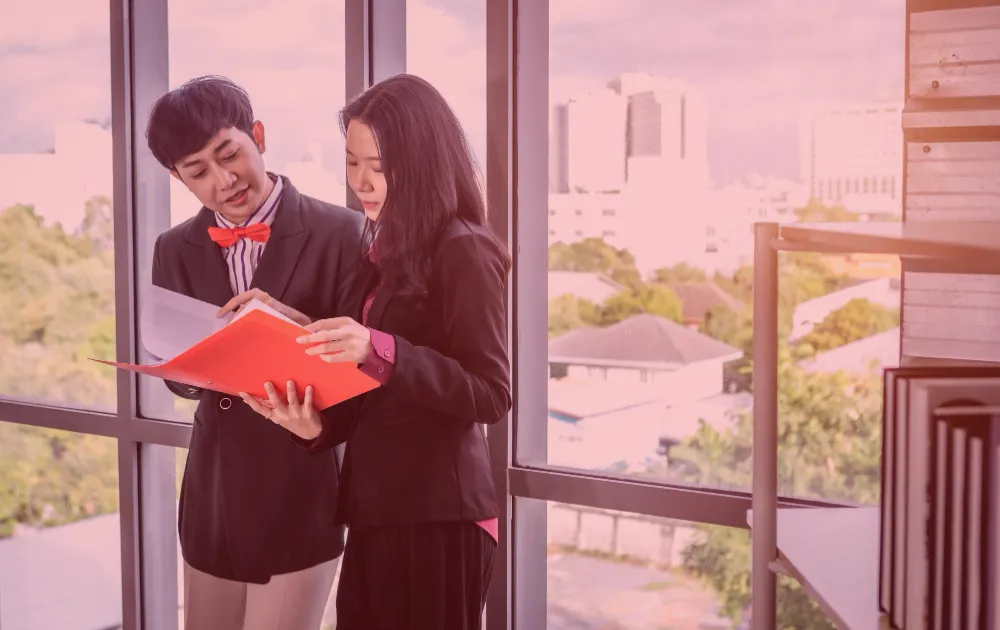
What Singapore PR Status Means
Singapore Permanent Residency (PR) status provides foreigners with the opportunity to live, work, and enjoy many privileges in one of Asia’s most vibrant cities. Obtaining PR in Singapore means you are recognized as a long-term resident, giving you more stability compared to other work visas. Unlike temporary work passes, PR status allows for more flexibility in employment and residency, reducing uncertainties about staying in the country. Eligibility for PR typically depends on factors such as employment type, duration of stay, family ties, and professional qualifications. There are multiple pathways to PR, including the Professional, Technical Personnel & Skilled Workers (PTS) scheme, the Global Investor Program, and the Family Ties scheme. Understanding what PR status entails is crucial because it determines your access to social, financial, and lifestyle benefits. Being a PR also increases the likelihood of future citizenship applications, giving individuals and families more long-term planning options.
Financial Advantages of Being a Singapore PR
One of the key Singapore PR benefits is access to financial perks that are unavailable to non-residents. PRs are required to contribute to the Central Provident Fund (CPF), a mandatory savings plan that helps with retirement, healthcare, and housing. These contributions provide a safety net for long-term financial security while offering tax deductions on certain contributions. Singapore PRs are also eligible for various government grants and subsidies, making everyday living more affordable. Tax reliefs on income and certain benefits can further enhance financial stability. Additionally, PRs may find it easier to secure bank loans and mortgages with better interest rates compared to non-residents. These financial advantages create a strong incentive for expats to apply for PR and enjoy a more secure life in Singapore.
Housing and Property Privileges
Another major Singapore PR benefit is the access to public housing options and property ownership opportunities. PRs are eligible to apply for HDB flats, which are government-subsidized public housing units, giving them a pathway to affordable home ownership. This access is typically faster and prioritized compared to foreigners who are not PRs. PRs also enjoy the ability to apply for housing loans with lower interest rates, making it financially easier to invest in property. Ownership of private property is also simplified, allowing PRs to participate in the real estate market. The security of stable housing contributes to family well-being and long-term planning. Moreover, living in an HDB community allows PRs to integrate more easily into local neighborhoods and experience the social benefits of communal living. These housing privileges are among the most tangible and valuable advantages of PR status.
Employment and Career Benefits
Being a Singapore PR opens up a range of employment and career advantages that enhance professional growth. PRs enjoy greater job stability since they are not tied to specific work passes that may expire or require renewal. Employers often view PR candidates more favorably because they can work long-term without sponsorship constraints. PRs also have easier access to work passes for family members, making relocation for skilled professionals more practical. Career advancement opportunities are often enhanced, as PRs can participate in company training programs, promotions, and leadership roles without visa restrictions. The ability to switch jobs without losing residency status provides flexibility and reduces career-related stress. In addition, PR status often provides networking opportunities within Singapore’s professional community, strengthening career prospects over time.
Education and Healthcare Opportunities
Education and healthcare are critical areas where Singapore PR benefits shine. PRs can access local schools and enjoy priority enrollment compared to non-resident children, which ensures better educational continuity. Subsidies on school fees and childcare services reduce the financial burden on families, allowing for more quality education choices. PR children are also eligible for government-run programs that prepare them for future academic success. In terms of healthcare, PRs have access to subsidized medical treatment at public hospitals and clinics, which reduces out-of-pocket expenses. Health insurance coverage and access to specialized medical care provide additional peace of mind. Families can plan for both routine and emergency healthcare needs more efficiently. These educational and healthcare benefits contribute significantly to long-term quality of life for PRs and their families.
Family and Social Benefits
Singapore PR status also extends a wide range of family and social advantages. PRs are eligible to sponsor family members, including spouses and children, for PR or long-term residency, which strengthens family cohesion. Social support programs, including childcare subsidies, eldercare assistance, and community grants, are more accessible to PRs. Participation in community activities and government schemes helps PRs integrate into Singaporean society more seamlessly. Social benefits also include access to recreational facilities, cultural programs, and public events at subsidized rates. Being part of these programs promotes social inclusion and a sense of belonging. Additionally, the security of PR status allows families to plan long-term life events, such as education, career, and housing decisions, with greater confidence.
Travel and Immigration Advantages
Travel and immigration privileges are another attractive Singapore PR benefit. PRs enjoy multiple-entry privileges and re-entry permits, which allow them to travel abroad while maintaining residency in Singapore. This is particularly advantageous for professionals with international commitments or families with global ties. PR status also facilitates travel within ASEAN countries with fewer visa restrictions. For those considering full citizenship, being a PR is a prerequisite and simplifies the application process for eventual naturalization. International mobility without compromising residency security adds flexibility and freedom for personal and professional life. Furthermore, PRs can sponsor visits and stay arrangements for relatives, which helps maintain close family relationships abroad. The combination of travel convenience and immigration security is a major incentive for many applicants.
Potential Limitations and Considerations
While Singapore PR benefits are extensive, there are responsibilities and considerations to keep in mind. PRs are expected to fulfill obligations such as CPF contributions, tax compliance, and adherence to local laws. Unlike full citizens, PRs may not have voting rights or eligibility for certain government positions. PR status is also subject to renewal requirements, and failure to meet certain criteria may affect status retention. There may be restrictions on specific property types or certain public sector benefits. Being aware of these limitations ensures that applicants can make informed decisions and plan for long-term stability. PRs must balance the advantages with responsibilities to maximize the overall benefits of residency.
Frequently Asked Questions (FAQ)
Can a Singapore PR apply for citizenship?
Yes, PRs can apply for Singapore citizenship after meeting the required residency period and other eligibility criteria. Citizenship provides additional rights, including voting and eligibility for certain government positions.
Are there differences in benefits for different PR schemes?
Yes, the benefits may vary slightly depending on whether a PR was granted under the PTS scheme, Family Ties scheme, or Global Investor Program. However, core privileges like CPF contributions, healthcare, and housing access are consistent.
How long does it take to get PR approval?
Processing times can vary but generally range from six months to over a year, depending on the scheme and applicant’s profile.
Can PR status be revoked?
Yes, PR status can be revoked if obligations are not met, such as failing to renew the re-entry permit or breaching Singaporean laws.
Are there restrictions on owning private property as a PR?
PRs can purchase private property, but certain restrictions and taxes may apply compared to citizens. Specific rules depend on property type and location.





